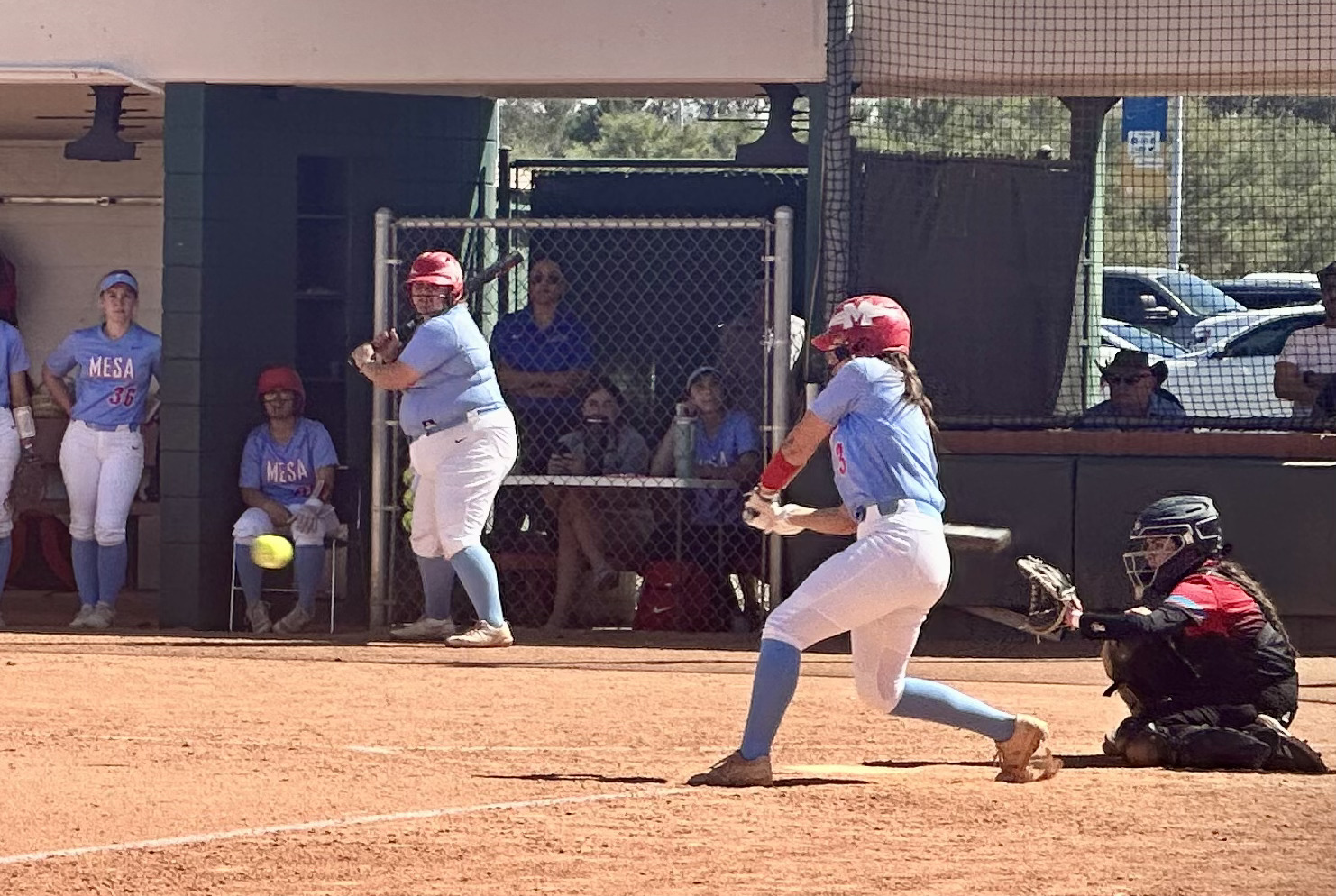Arizona ranks high in alcohol-related deaths

Mesa Legend
Arizona has the fourth-highest death rate for alcohol poisoning, according to a new study done by the Centers for Disease Control and Prevention (CDC). Leader of the alcohol program at the CDC, and co-author of the study, Dr. Bob Brewer said several factors contributed to the large number of deaths throughout the country. Alaska led the country, according to the Jan. 6 study, with 46.5 deaths being a result of alcohol poisoning during the years of 2010 and 2012. Arizona saw a rate of 18.7. These numbers are all for people aged 15 and older.
Arizona experienced the fourth-highest rate of deaths due to alcohol poisoning. With the multitude of Native American reservations, where liquor sales undergo virtually no regulation, and the reputation of ASU as one of the largest party schools in the country, there are some outlets in place for people to get large quantities of alcohol. “I think there are a number of different factors that are at play here,” Brewer said. “First and foremost again is the relationship between the alcohol poisoning and binge drinking.”
Although Native Americans saw a great number of alcohol-poisoning deaths, they have a unique situation, Brewer said. Many Native Americans do not binge drink – or drink at all – but the ones who do drink, often drink in excess. Social isolation also plays a large role in the abundance of deaths, Brewer said. Alaska is one of the most socially-isolated states in the union and, conversely, Alaska saw the highest rate of deaths caused by alcohol poisoning.
Though social isolation is a factor, white non-Hispanics saw far more many deaths than any other people group, Brewer said. Binge drinking played a large role in the number of deaths, according to Brewer. The study provided what Brewer called a “call to action” to combat the effects of binge drinking.
Across the country, 68 percent of those who died were non-Hispanic, white adults, according to the study. Men made up 76 percent of the deaths, while women made up 24 percent. Hispanics made up 15 percent of the total deaths, blacks made up nine percent, and Asians/Pacific Islanders made up two percent, the study read. Those aged 45 – 54 made up 34 percent of the deaths, the study read, more than any other age group.
Every day, an average of six people die from alcohol poisoning, according to the CDC. The CDC has released a list of life-threatening symptoms of alcohol poisoning. Vomiting, inability to wake up, slow or irregular breathing (fewer than eight breaths per second and 10 seconds or more between breaths), and hypothermia are all on the list.
Strategies used to combat binge drinking are very similar to the ones used to combat smoking, Brewer said. Availability and pricing are both key factors on controlling binge drinking through the country. To combat binge drinking in the country, the federal government has enacted the Community Protective Services Task Force to interpret scientific data and apply it to the reduction of binge drinking.
MCC student, RJ Puckett, said there is not much that can be done to prevent this. “What can we do about it? We tried to prohibit it,” he said. Puckett went on to say alcohol is not something which can be regulated to that extent. Labels similar to the labels cigarette companies put on their products are one of the only strategies alcohol companies can take, Puckett said. Some drinkers, he said, are probably aware it’s not healthy, but they are individuals and cannot be controlled.
Legislation will only get in the way of actual progress, Puckett said. “It’s not good to impose anyone’s will on anyone, regardless of the situation.” He went on to say that everyone should be able to do whatever they want to do, so long as it is not harmful to others and does not rob others of their freedom. All drinking should be done in moderation, according to the CDC. One drink per day for women, and two drinks per day for men is a safe range. Those who are worried about having a drinking problem can call the CDC’s hotline at 1-800-662-HELP.









